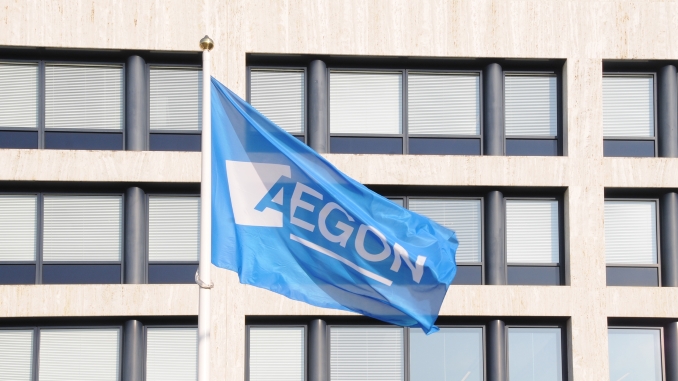
The only Fitch-rated covered bonds for which any ESG factor is positively credit-relevant are those of Aegon Bank and Panama’s Banco La Hipotecaria, according to the rating agency, which is disclosing “ESG relevancy scores” for credit ratings in a bid to increase transparency but found little impact across the asset class.
The ESG relevancy scores, which have been introduced across different asset classes since January, are “strictly observational”, Fitch says, as they do not affect credit ratings but rather are aimed at satisfying investor demand for more robust reporting. It says it is the first rating agency to systematically publish such opinions about how ESG issues are relevant and material to individual entity credit ratings.
Under the analysis, Fitch looks at five general environmental issues, five social issues and four governance issues, and how they specifically affect different sectors (such as residential, public sector, commercial, etc. in covered bonds). It then scores from one to five how relevant these issues are to an issuer or programme. An “elevated score” of four or five is assigned for those factors “influential to a rating decision”, and whether the influence is positive or negative is flagged.
Of the 117 covered bond programmes rated by Fitch, 19% received at least one elevated score, according to data on the structured finance and covered bond sectors released on Wednesday of last week (16 October). These were predominantly governance issues for Spanish and Portuguese programmes, with Fitch assigning them negative scores of five for a lack of liquidity protection mechanisms. However, the rating agency noted that this situation is likely to reverse once the upcoming EU directive is implemented and transposed into national law, as it includes mandatory 180 day liquidity coverage. Other negative elevated governance scores relate to a lack of data.
The only elevated scores that were flagged as positively affecting the credit quality of covered bonds were assigned to the programmes of the Aegon Bank and Banco La Hipotecaria within social issues. The sector-specific issue for which they were scored at 5 and 4, respectively, was identified as: “accessibility to affordable housing; GSE/agency issued or provision for social good; services for underbanked and underserved communities.”
Fitch told Sustainabonds that this reflects the role of government-sponsored housing loans in the programmes’ cover pools, noting that these have a track record of lower default rates, which positively impacts the credit rating/and or enhancement levels.
At launch, seventy percent of the mortgages in the cover pool of La Hipotercaria’s structured covered bond had government subsidies.
As of 31 August, 68% of Aegon’s cover pool is mortgages that benefit from the Nationale Hypotheek Garantie (NHG) public mortgage loan insurance scheme backed by the Dutch government. Although NHG loans are very common in the Dutch mortgage market and included in the cover pools of several Dutch issuers, Aegon’s has a far higher proportion than any of its peers’.
None of the covered bond programmes assessed by Fitch had elevated scores for environmental issues.



